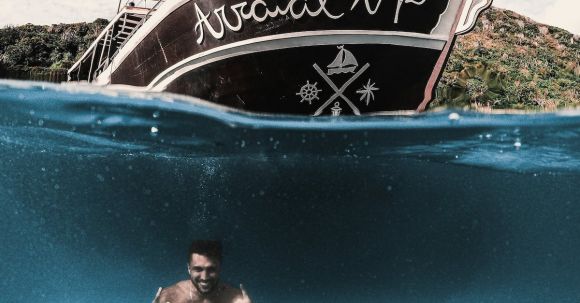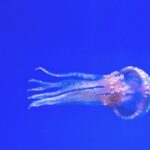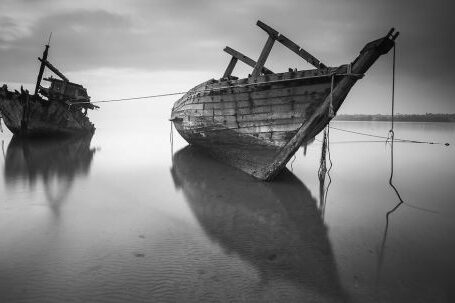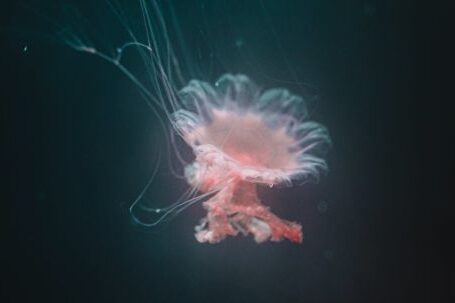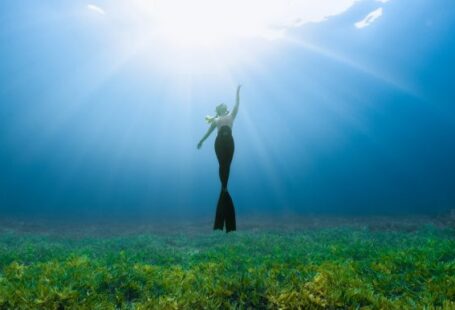The underwater world is a place of wonder and beauty, filled with vibrant coral reefs, diverse marine life, and breathtaking landscapes. For divers, this world is not only a source of adventure and exploration but also a unique opportunity to contribute to marine conservation efforts. By understanding the impact of their actions and taking steps to protect the marine environment, divers can make a significant difference in preserving these precious ecosystems for future generations.
Understanding the Impact
One of the first steps in becoming an effective marine conservationist is understanding the impact that human activities can have on the underwater world. From overfishing to pollution, these activities can harm delicate ecosystems and disrupt the balance of marine life. By learning about the various threats facing our oceans and the importance of conservation, divers can become advocates for change.
Responsible Diving Practices
Responsible diving practices play a crucial role in marine conservation. By following guidelines and best practices, divers can minimize their impact on the underwater environment. This includes avoiding touching or damaging coral reefs, not disturbing marine life, and properly disposing of any waste or debris. Additionally, divers can support sustainable tourism by choosing operators and destinations that prioritize conservation efforts.
Participating in Citizen Science
Citizen science offers divers a unique opportunity to actively contribute to marine conservation efforts. Many organizations and research projects invite divers to collect data on marine life, coral health, and other important indicators. By gathering and sharing this information, divers can help scientists and researchers monitor and protect marine ecosystems. Participating in citizen science not only provides valuable data but also promotes a deeper understanding and appreciation for the underwater world.
Promoting Awareness
Divers can also make a difference by promoting awareness of marine conservation among their peers and within their communities. By sharing their experiences, photographs, and stories, divers can inspire others to appreciate and protect the oceans. This can be done through social media, presentations, or organizing local events focused on marine conservation. By educating others about the importance of preserving marine ecosystems, divers can create a ripple effect of positive change.
Supporting Conservation Organizations
Supporting reputable conservation organizations is another way divers can contribute to marine conservation. Many organizations rely on donations and volunteers to fund their projects and initiatives. Divers can choose to donate their time, skills, or funds to support these efforts. By actively engaging with conservation organizations, divers can help fund research, lobby for policy changes, and raise awareness about the importance of protecting our oceans.
Conclusion: Making a Lasting Impact
Divers have a unique connection to the underwater world, and with that connection comes a responsibility to protect it. By understanding the impact of their actions, practicing responsible diving, participating in citizen science, promoting awareness, and supporting conservation organizations, divers can make a lasting impact on marine conservation. Together, we can ensure that future generations can continue to explore and marvel at the wonders of the underwater world. So, let’s dive in and make a difference for our oceans!
